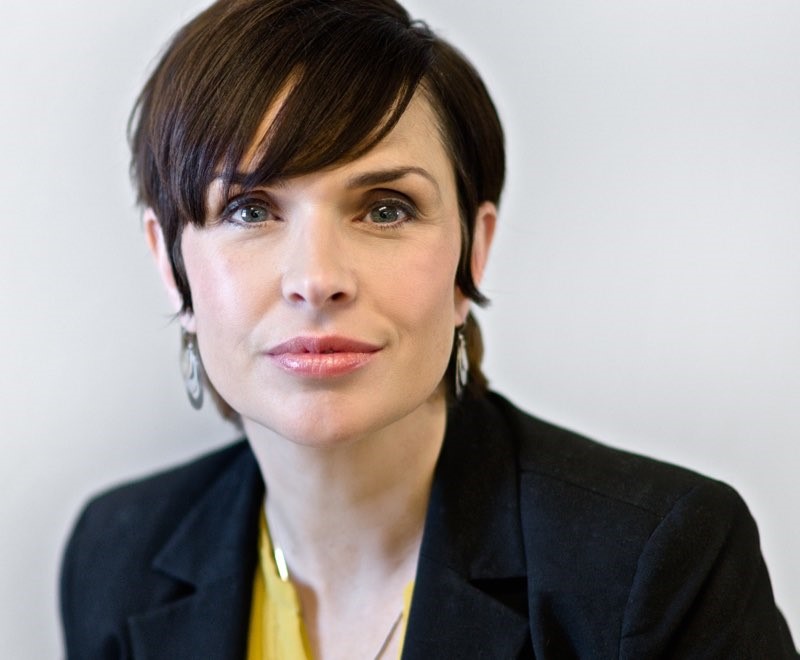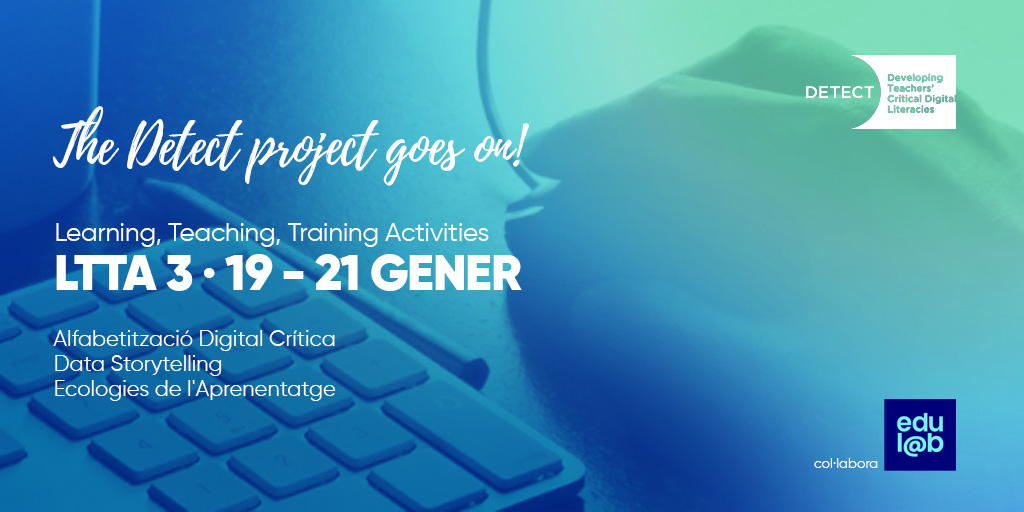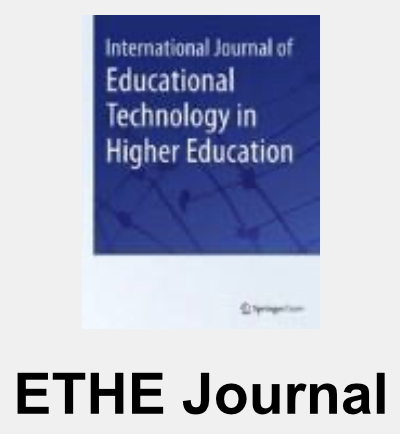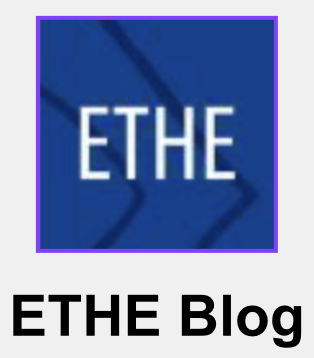Albert Sangrà reflects on the state of online education in an interview with the UOC R&I
The Edul@b researcher Albert Sangrà has been interviewed by the UOC R&I (the UOC’s unity of research, development and innovation activity) and has talked about his research activities in the UOC and about different subjects related to online education, such as the reputation in online education and the implementation of e-learning at different levels of education.
As well as member of Edul@b, Sangrà is the academic director of the UNESCO Chair in Education and Technology for Social Change and the director of the Government of Catalonia’s Industrial Doctorates Plan. His research work focuses on the uses of technology in the field of education, considered from the perspective of policies, organisation, management, leadership and professional development and training, and the social and economic impact of online education, while always identifying the characteristics of quality in online education.
The reputation of online education
In the interview Sangrà talks about the situation of the reputation of online education and his interest in showing “that there are very good practices in online education and that the results we obtain are equivalent to face-to-face education and sometimes even better”. In this sense, the researcher doesn’t believe in arguing in which type of education is better than the other because “each one is used for specific times, goals and people, and I believe that the two types of education should coexist”.
Related to online education reputation, Sangrà talks about the new project that the Edul@b research group coordinates and in which he is the lead researcher: the CODUR European project, that aims to create a specific dimension for the measurement of world-wide online education and include it in the European U-Multirank listing.
Education is a marathon rather than a sprint
The researcher also reflects on the online education field, and points out that in opposition of rapid learning “we need to think of education as marathon rather than a sprint; and reflect, internalise and assimilate things in order to subsequently be able to apply what has been learned properly”, and finds more useful the research that looks at the fundamentals rather than in the more volatile aspects, because this allows researchers “to analyse the fundamentals that are not changing so quickly” and analyse the picture more broadly.
When asked about the relevance in the inclusion of e-learning beyond higher education, Sangrà warns that “one thing is what technology allows us to do and another thing is what is advisable; there are philosophical and ideological aspects that have to be considered, it’s not just a question of teaching”.
Teaching in a Digital Age
Finally, for further study in the online education field, Sangrà recommends the book Teaching in a Digital Age, written in 2015 by Dr. Tony Bates.
You can see the full interview in the next video:






